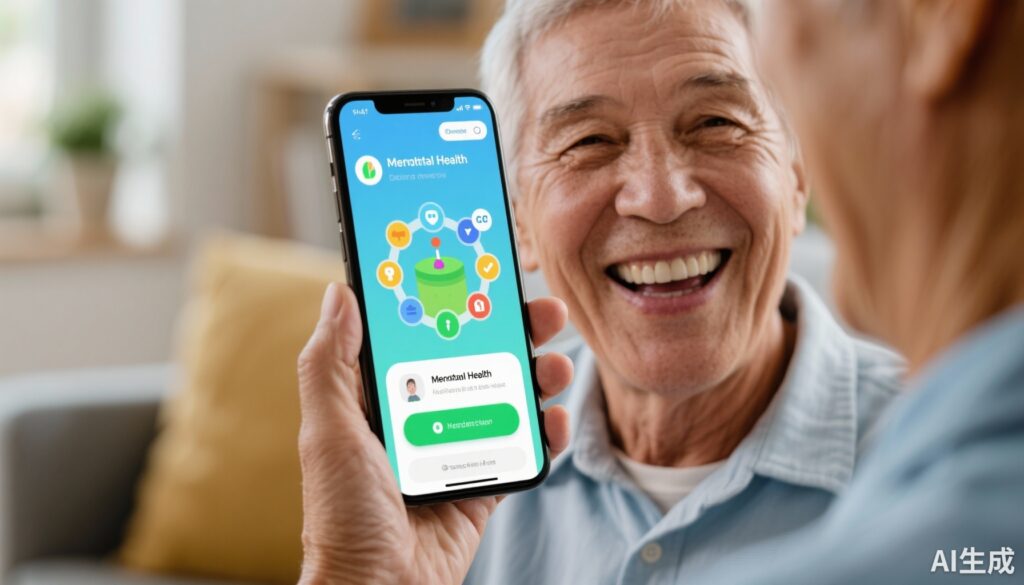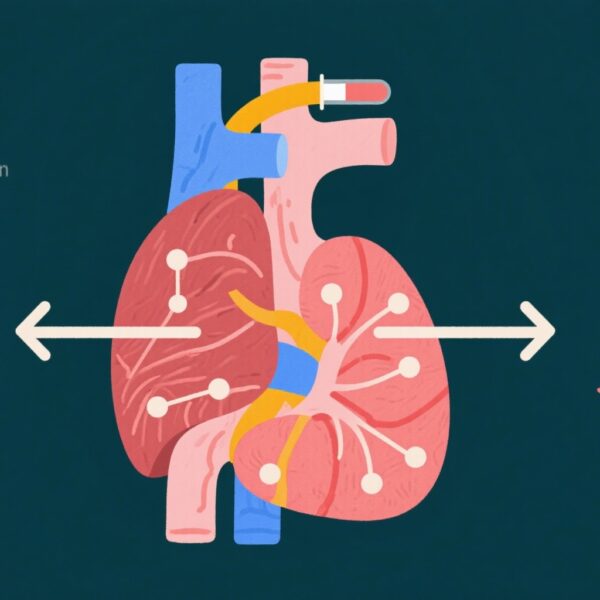Introduction
Late-life depression remains a significant public health challenge, associated with increased morbidity, disability, and healthcare utilization among older adults. Despite the availability of evidence-based psychotherapies, adherence to treatment regimens—particularly between-session homework—is often suboptimal, limiting clinical outcomes. Innovations leveraging mobile health (mHealth) technologies, especially gamification strategies, have emerged as potential tools to enhance patient engagement and improve therapeutic efficacy.
Study Background and Clinical Context
Depression in older adults often presents with unique clinical features and barriers to treatment, including stigma, cognitive impairments, and mobility limitations. Traditional face-to-face psychotherapy faces accessibility challenges, prompting the development of remote, digitally accessible interventions. However, maintaining engagement and adherence in this demographic remains a hurdle, necessitating novel approaches such as gamification within mHealth platforms to motivate sustained participation and adherence.
Study Design and Methodology
This recent study, conducted at the Weill Cornell ALACRITY Research Center, employed a comparative design assessing the impact of gamification in psychotherapies for late-life depression. The investigation involved two phases: a nongamified phase (Phase I) and a gamified phase (Phase II), each recruiting distinct cohorts of middle-aged to older adults with major depression (N=102, Mean age 69.4 years). The interventions comprised reward exposure-based psychotherapies delivered via mobile platforms, with the primary focus on adherence to between-session homework tasks and changes in depressive symptoms.
Adherence was measured through daily self-reports of homework completion, and depressive symptoms were assessed four times over 12 weeks using the Montgomery Åsberg Depression Rating Scale (MADRS). The study analyzed the odds of homework completion and changes in MADRS scores between the two phases, along with the association between adherence rates and depression severity at subsequent assessments.
Key Findings and Results
Participants receiving the gamified version demonstrated significantly higher engagement, with an 8.20-fold increased likelihood (adjusted Odds Ratio [aOR] = 8.20, 95% CI: 2.68-25.04, p<0.001) of completing daily homework tasks compared to the nongamified group. Clinically, this cohort experienced a greater reduction in MADRS scores, averaging a decrease of 9.58 points versus 4.73 points in the control group, with a mean difference of 4.85 points (95% CI: 2.23-7.47, p<0.001).
Furthermore, within the gamified group, each 20% increase in homework adherence correlated with nearly a 3-point reduction in MADRS scores at the following assessment (95% CI: 1.31-4.63, p<0.001), indicating a dose-response relationship between adherence and symptom improvement.
Discussion and Clinical Implications
The findings suggest that gamification elements integrated into mHealth psychotherapies can substantially enhance engagement and adherence among older adults, translating into significant reductions in depressive symptoms. The increased motivation driven by reward systems and interactive features likely addresses common barriers such as motivation deficits and treatment fatigue. By fostering sustained participation, gamified approaches may optimize therapeutic outcomes and reduce the clinical and societal burden of late-life depression.
From a practical perspective, implementing gamified mHealth tools could facilitate broader dissemination of psychotherapy, especially in populations with limited access to traditional care. Clinicians should consider incorporating gamification strategies into digital mental health interventions tailored for older adults, ensuring usability and relevance for diverse cognitive and technological literacy levels.
Limitations and Future Directions
While promising, the study’s limitations include potential selection bias inherent in self-selected cohorts, and the need for longer-term follow-up to assess sustained benefits. Future research should explore the mechanistic aspects of gamification, optimal incentive structures, and the integration into standard clinical workflows. Additionally, evaluating the cost-effectiveness and scalability of such interventions will be critical for widespread adoption.
Conclusion
Integrating gamification features within mHealth psychotherapies significantly improves adherence and clinical outcomes in late-life depression. Higher engagement levels correlate with greater symptom reduction, highlighting the potential for innovative digital strategies to transform mental health care in aging populations. As mental health needs escalate globally among older adults, leveraging technology-driven, engaging interventions offers a promising pathway to meet this growing demand effectively.



